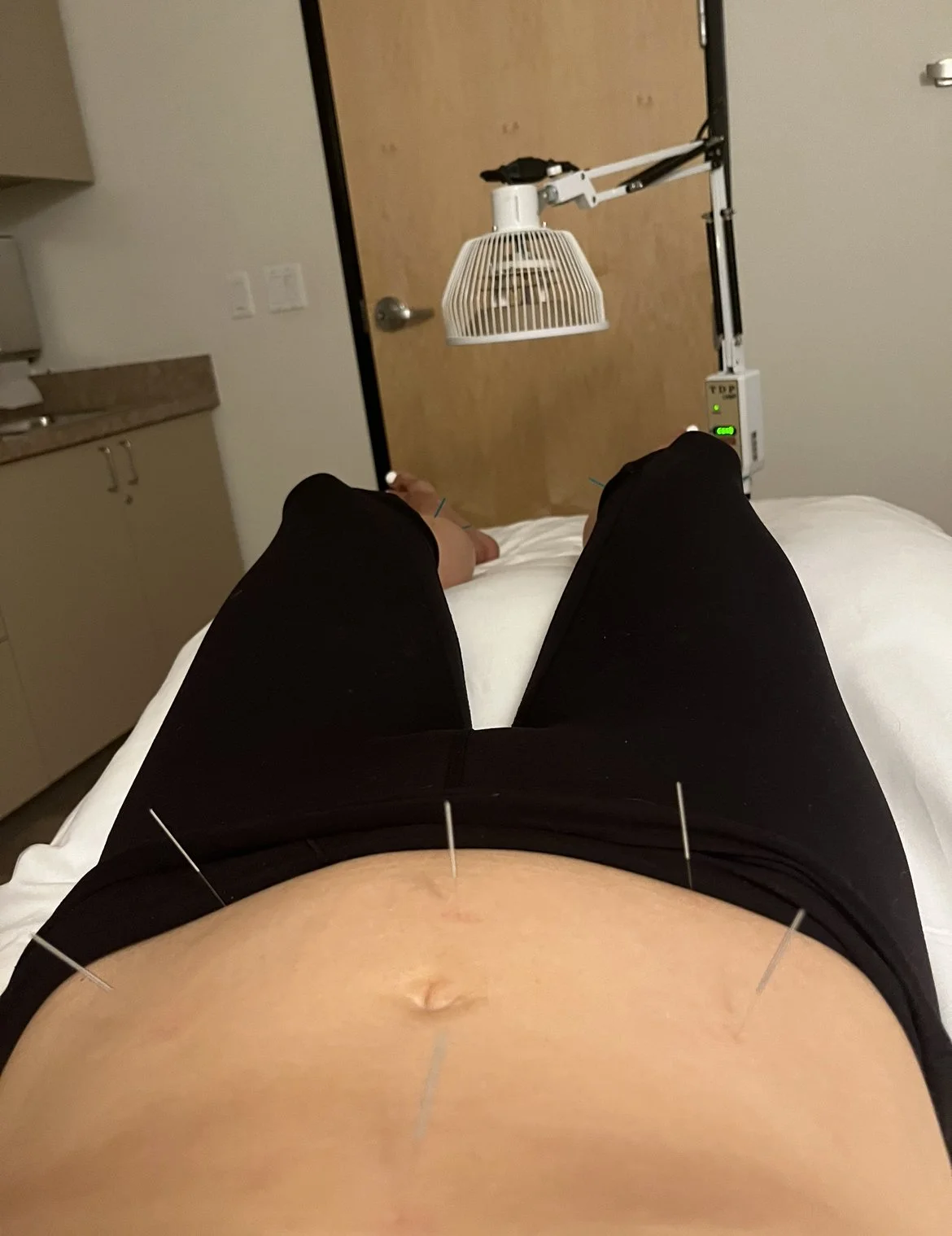Traditional Chinese Medicine Explained
Traditional Chinese medicine is an ancient healing modality that is used to not only fight disease, but also prevent it. Rather than treating symptoms as western medicine does, TCM focuses on treating patients through a holistic lens. Meaning, it looks at the entire being - mind, body, and soul - and addresses the root of the issue. It’s based on balance, harmony, and energy, and works to bring the body and mind back to homeostasis.
In TCM, there are two main concepts:
•Qi: This is the life force and energy that runs throughout the body. Ideally, it should always be moving to various places, known as meridian points. However, sometimes with disease of the body or mind, this energy can get stuck. TCM works to promote the flow of qi by removing these blockages.
•Yin and Yang: These are two opposing forces that every single person has in some combination. Yin is characterized as night, dark, cold, feminine, and negative. Yang is characterized as day, light, warm, masculine, and positive. For total mind and body alignment, these characteristics must be well balanced. TCM says that these imbalances are what causes disease.
Chinese medicine uses various practices to promote Qi and balance Yin and Yang energies in order to bring harmony back to the body and mind. Some of these practices include acupuncture, acupressure, cupping, tai chi, meditation, moxibustion, herbal medicine, and more.
There are so many more complexities within TCM, such as understanding the organ system and how those interact with disease. To briefly summarize, TCM sees the body’s internal organs as a network that is connected together. Qi flows through these organ systems - such as the kidneys, heart, spleen, liver, lungs, gallbladder, small intestine, and large intestine - through meridian points. Each organ corresponds to different body parts, times of day, symptoms, seasons, emotions, and so much more. For example, the liver represents the flow of energy and blood throughout the body and is connected with the tendons, nails, and eyes. Its connected emotions are anger, irritability, frustration, and resentment. When the liver’s qi is blocked, we may experience symptoms such as menstrual pain, headaches, irritability, anger, dizziness, eye conditions, and tendonitis. The gallbladder is said to control the digestive system, as well as the health of muscles and connective tissues. The emotions associated are courage, confidence, decision making, and judgement. So when the gallbladder experiences a blockage of qi, we may experience symptoms such as digestive issues, muscle and joint pain, nausea, and vomiting, along with emotions such as timidity, lack of confidence, and poor decision making.
Overall, Traditional Chinese Medicine works to perfectly realign the mind, body, and spirit. It’s also something that I can genuinely say works, and is actually the form of medicine that has allowed me to make the most progress. I recently shared my experience with using herbs to heal Lyme, which I’m still drinking every single day, and can honestly say that it’s one of the main reasons I’ve been slowly getting better. I’ve also been going to acupuncture and many other practices rooted in Chinese medicine for years now, so I wholeheartedly trust its effectiveness. So if working with a TCM practitioner is something you’ve been considering exploring, I can’t recommend it enough.
And if this is a topic you’re interested in, I’d love to share more of what I’ve learned over the years. Not a professional whatsoever, just talking from my own experience and learnings!

